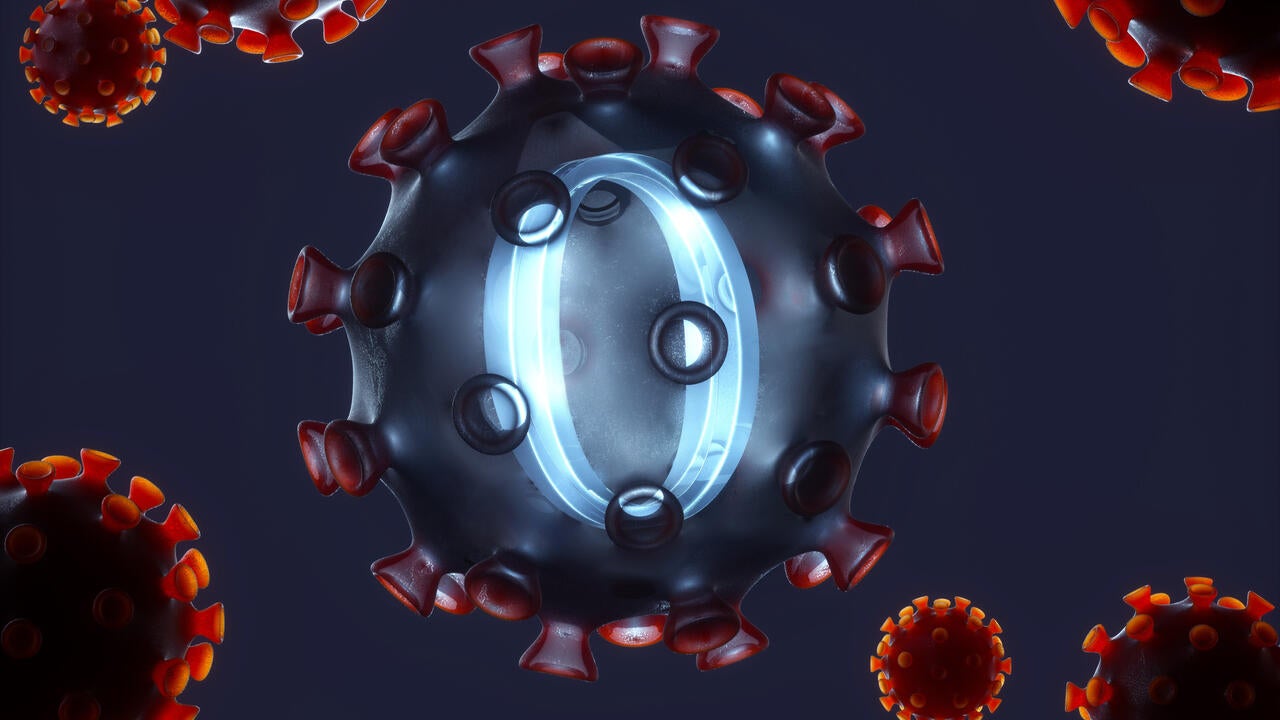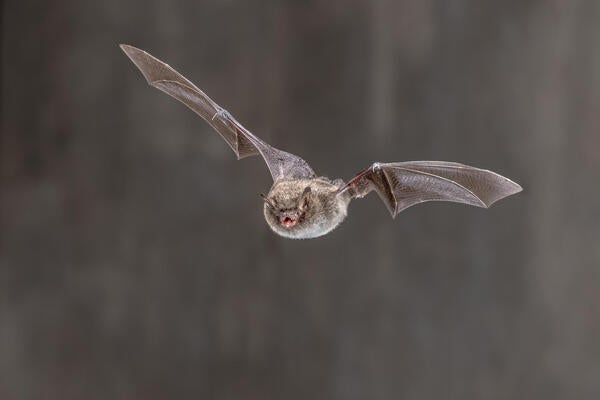
Q and A with the experts: COVID-19 variants
Many people will need a third dose of the vaccine to protect against Omicron.

Many people will need a third dose of the vaccine to protect against Omicron.
By Media RelationsOmicron is the latest COVID-19 variant of concern, and it is expected to change the course of the pandemic. But how are variants formed, and what’s the threat level for people who are fully vaccinated? Kelly Grindrod, a pharmacist and professor, and Trevor Charles, a professor in the University of Waterloo’s Department of Biology, provide answers to these questions.
How are COVID variants formed?
Variants are formed through the natural process of evolution. Every time the virus makes a copy of itself, there is a chance mistakes occur. These mistakes result in mutations, which are detected through genetic sequence analysis, and allow the designation of variants that carry shared mutations. While many of those mutations do not change the virus characteristics, some of the mutations can change the virus properties such as transmissibility, disease severity, and immune escape. The resulting variants that carry these mutations are classified as variants of concern.
With these new variants, what does it mean for people already fully vaccinated?
Every time a variant of concern is found, we need to answer three questions:
The Omicron variant of concern appears to be much more contagious than Delta. We will not know with any certainty if it is more or less severe for a few weeks.
The vaccines offer good protection against severe illness, hospitalization, and death from COVID, including the variants of concern such as Delta. The hope is that the vaccines will continue to protect us from severe illness with Omicron.
However, with each variant, the vaccines appear to be getting less effective at protecting against symptomatic illness—which means protecting us from being infected and having mild to moderate symptoms. Many people will need a third dose of the vaccine to protect against Omicron. Similarly, the reinfection rate with Omicron is higher. This means that people who had natural immunity from a previous COVID infection will also benefit from at least two doses of the vaccine to protect against Omicron.
It’s important to note that we are not starting from scratch, even with a variant of concern like Omicron. Each dose of vaccine helped our immune systems recognize the virus—even variants. So being vaccinated will still offer more protection than staying unvaccinated and unprotected.
Will we likely continue to see new variants over a prolonged period?
Looking to the future, all we can know for sure is that more variants will arise since mutations are constantly occurring. It is impossible to predict the outcome, just as no one could have predicted Delta or Omicron variants. Keeping track of the virus through sequencing (both clinical specimens and wastewater) will continue to provide information about the evolution of variants.

Dr. Travis Craddock, professor and Canada Research Chair, says the team's findings change our basic knowledge of biology (University of Waterloo).
Read more
New study reveals quantum-level effects in biology with major implications for treatment of some brain diseases

ESO 137-001, a jellyfish galaxy like the one recently observed by astrophysicists at the University of Waterloo. (Credit: NASA, ESA)
Read more
New astronomical find is 8.5 billion years old and reshapes our understanding of early cosmic evolution

The photo shows a European bat species affected by White-nose Syndrome.
Read more
Study highlights the biological mechanisms behind a disease that has caused over 90 per cent declines in some bat species
The University of Waterloo acknowledges that much of our work takes place on the traditional territory of the Neutral, Anishinaabeg, and Haudenosaunee peoples. Our main campus is situated on the Haldimand Tract, the land granted to the Six Nations that includes six miles on each side of the Grand River. Our active work toward reconciliation takes place across our campuses through research, learning, teaching, and community building, and is co-ordinated within the Office of Indigenous Relations.